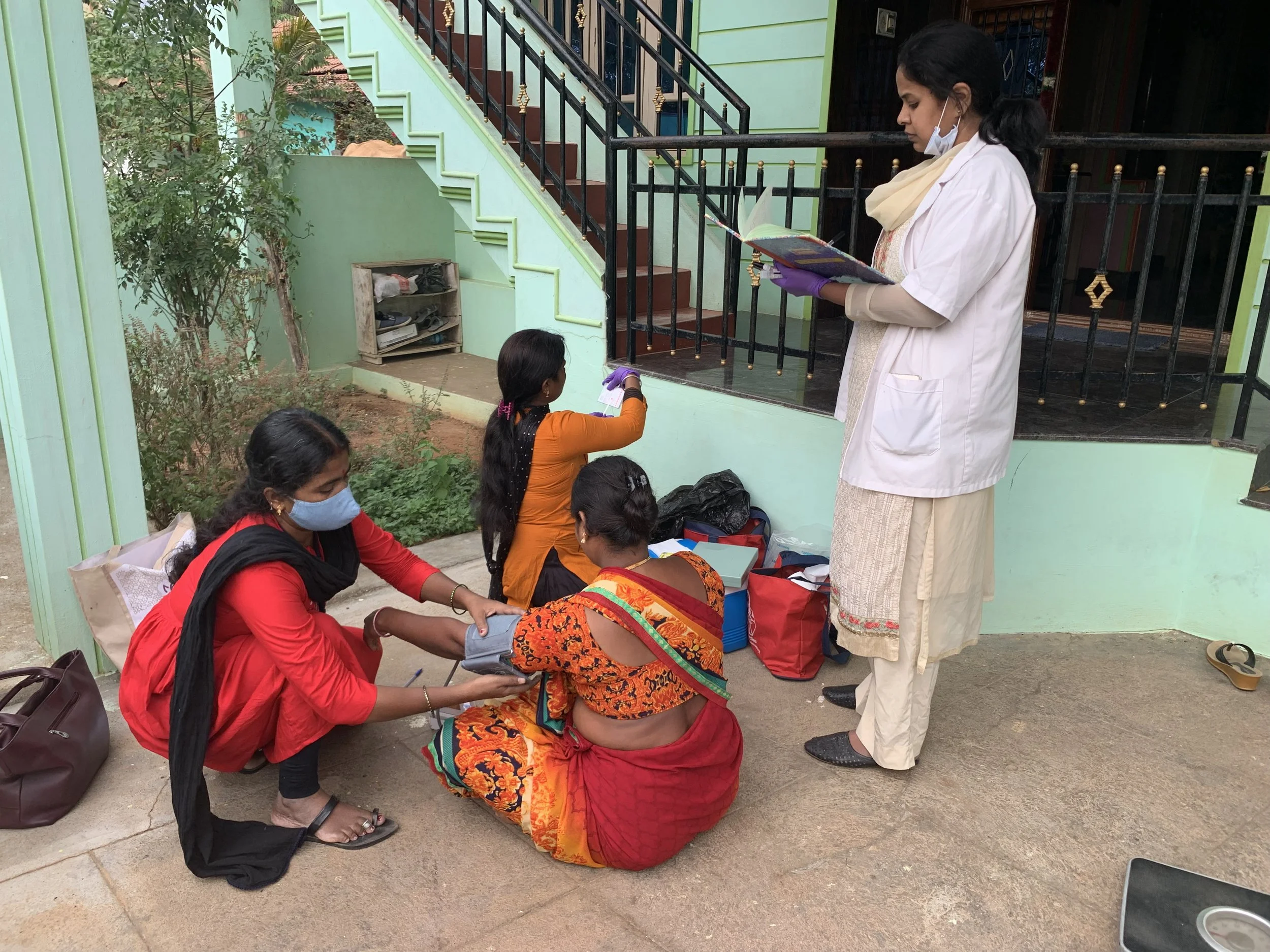mobile medical clinic
4th most common cancer worldwide
80% of cases occur in low- and middle-income countries
77,000 deaths in India every year
Cervical cancer remains a major health challenge despite being preventable. Since 2009, PHRII has led efforts in Mysore using Visual Inspection with Acetic Acid (VIA) to detect precancerous lesions, screening nearly 5,000 women and providing 67 cancer prevention treatments. In 2015, we strengthened our screening program by integrating mobile colposcopy and HPV DNA testing.
To ensure early intervention, we now treat precancerous and Colpo-positive patients with thermal ablation. Alongside screening, PHRII actively raises awareness through educational programs, empowering both the medical community and the public with knowledge about the cost-effectiveness and life-saving potential of cervical cancer prevention.
The Prevention of Parent-to-Child Transmission of HIV (PPTCT) program, initiated in 2007 through the Kisalaya project by PHRII, aims to integrate HIV testing and PPTCT services with antenatal care in rural Mysore. Funded by the Elizabeth Glaser Pediatric AIDS Foundation, Kisalaya combines health education, patient care, research, and community outreach.
The program focuses on three key strategies to increase PPTCT uptake among Indian women:
Training and assessment: Birth attendants and community health workers in remote areas receive training on HIV-related issues, where allopathic prenatal care is limited.
Community engagement: Strong partnerships with local communities enhance support for antenatal care programs.
Mobile clinics: Mobile health units provide free HIV testing, PMTCT education, and counseling to pregnant women.
The program’s impact includes outreach to 114 Anganwadi workers, 98 panchayat leaders, 47 village elders, and 468 self-help group leaders. Additionally, 141 educational programs were conducted, reaching 5,161 community members. Clinically, 92 medical camps served 144 villages, providing HIV testing and counseling to 1,639 women. Of these, 14 HIV-positive women received PMTCT services and were connected to ongoing HIV care.

